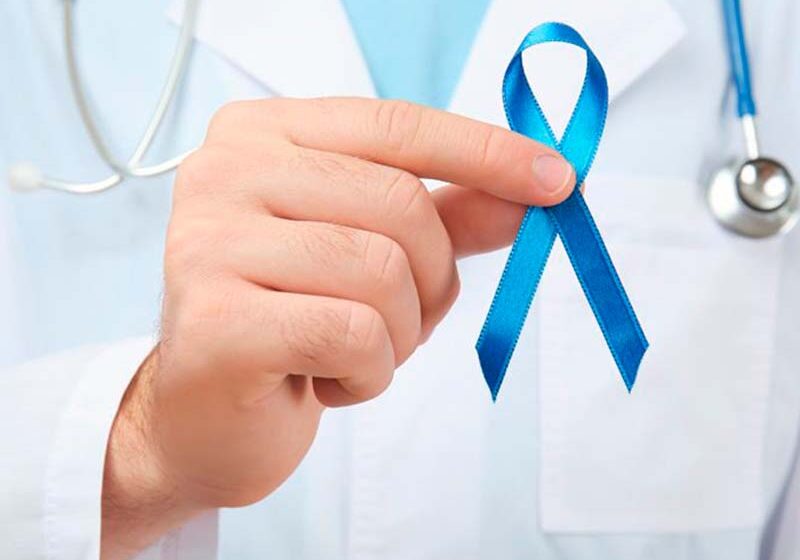
The cancer treatment course is over – what happens next?
Содержание
After completing treatment, it’s important to get back to your everyday life in the right way. Don’t demand an instant recovery from yourself. Start small and use the following tips.
Constant communication with your doctor
Even though your course of treatment is complete, it’s important to keep in constant communication with your doctor. He may be able to let you know on his own when he needs to call and when to come in for a face-to-face appointment. It is also worth keeping a diary of how you are feeling, how you are feeling, what you are taking your medication for, and how you are following your rehabilitation program.
Rehabilitation
Your doctor often writes your rehabilitation plan himself. He will write everything down to the smallest detail to prevent any questions, and he also connects you with the related specialists. For example, you may be referred to a nutritionist, rehabilitation therapist, physical therapist, psychologist, or neurologist. Sometimes additional medication needs to be administered, for which you will be assigned a nurse who will visit you at certain times.
Adherence to recommendations
Adhere to all doctor’s orders, otherwise, you may unknowingly harm your health. Write them down on paper and make a schedule of medications, scheduled examinations and appointments with specialists, and write out a rehabilitation plan. Buy a board and hang it in a prominent place. Write your most important daily recommendations on this board so you don’t forget them. You can also set reminders on your phone.
Going back to work
If you managed to combine treatment and work – that’s great, but if you were on extended leave, even then you need the right approach. Talk to your management about gradually introducing workloads and a remote work format. This will allow you to return to work processes calmly and without emotional turmoil. Then go out for 1-2 days a week in a live work environment, and try to avoid overexertion. A few weeks is enough to get back on track.
Emotional State
Be sure to work on your own emotions. If you have the opportunity, and your doctor gives the okay, go on vacation to another city or country. Traveling often changes longing into an unforgettable experience. Also, look for light and joy in the little things – indulge in a thoughtless purchase, rewatch your favorite comedies, meet up with old friends, or get a pet.
Don’t shut yourself off from your worries
If you can’t handle anxiety or sudden changes in your life, talk about it. Share your feelings with family, friends, and relatives – they will help. Even the very fact that you’ll say all that gnawed, will relieve some of the burden. You can also write a story about the experience – this will allow you to say goodbye to him.
Help others
A great way to rehabilitate psychologically is to help those who are just beginning their journey with cancer. Find online forums or help centers in your city and talk about your experiences. It gives you a new perspective – you are already healthy and others can be inspired by your strength inside.